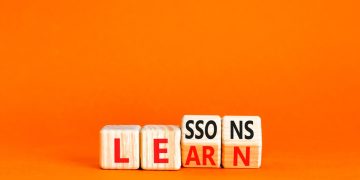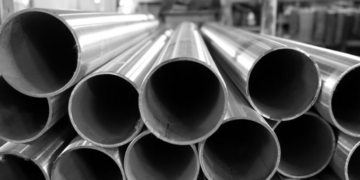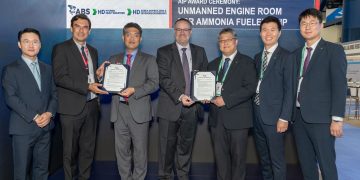Kai Låtun, VP Sales & Marketing, Yara Marine Technologies AS presentation during the 2015 GREEN4SEA Forum. In the presentation “SOx Scrubbers – a profitable investment ?”, Mr Latun looks at under which conditions the profitability of a scrubber investment should be evaluated. He gives some concrete examples of scrubber installations onboard vessels, and illustrates how to calculate paybacktime for a scrubber investment based on realtime conditions. He also reviews the costs of alternative consumables needed during scrubber operations. Yara Marine Technology, used to be known as Green Tech Marine, founded in 2010. Yara Marine Technology has supplied scrubbers since 2012 so it has tens of thousands of operating hours on scrubbers and experience on it. It is also now part of the Yara Group, which is a large Norwegian cooperation with turn over around $15,000,000,000/year and about 10,000 employees. First of all I would like to say that I’m very happy about the presentation from Lloyds before, because he showed you a chart with green, yellow and red lines, when does it pay to have a scrubber. And being a scrubber supplier, we have very often come across this question. So, we have simply developed a calculator, where you can put ...
Read more






























































